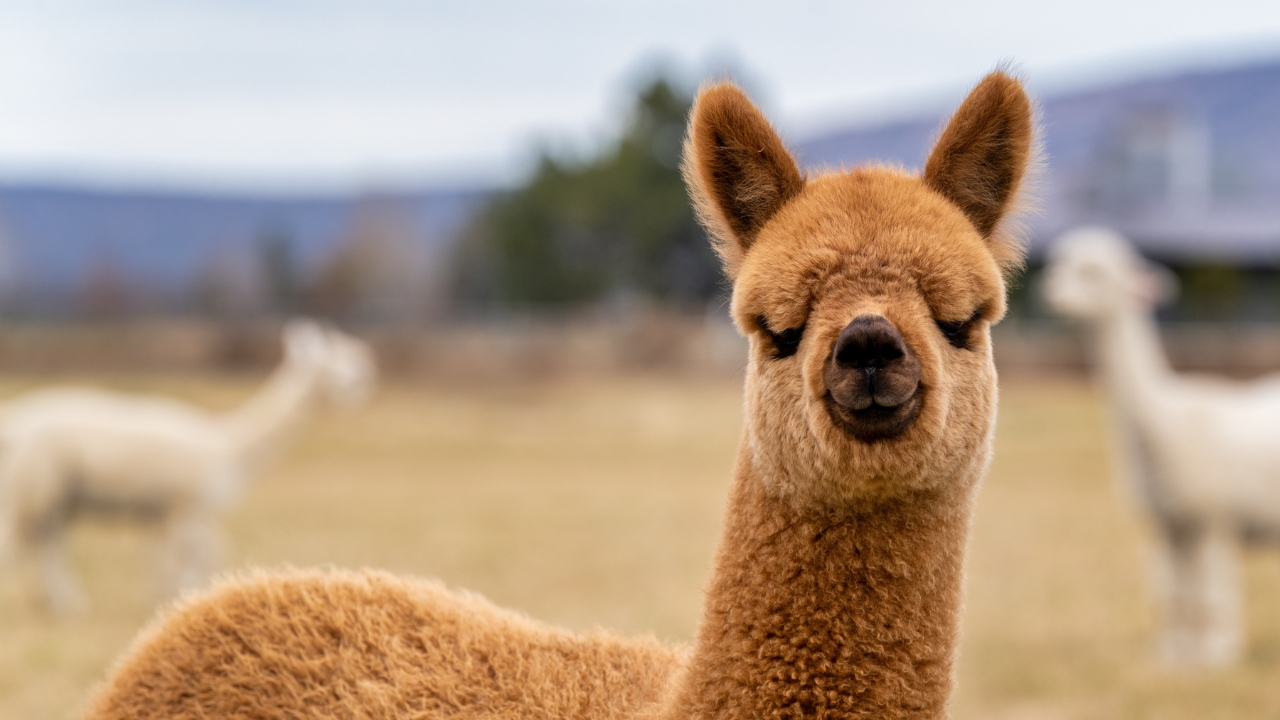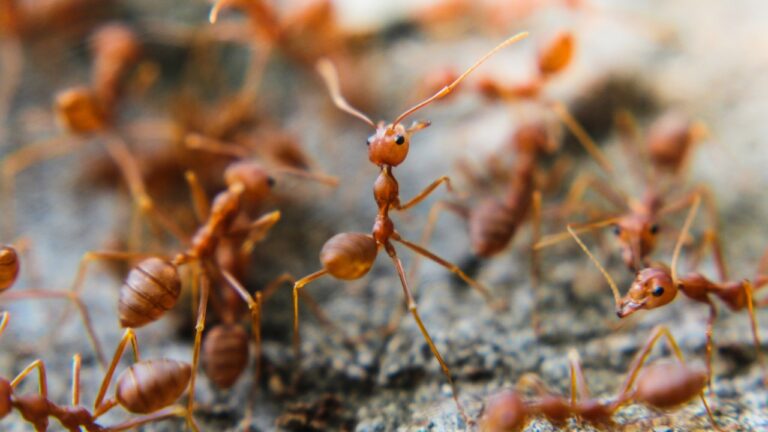6 cutest alpaca and llama breeds for small farms
Alpacas and llamas bring more than fiber or predator protection — some breeds are downright good-looking. Whether you want them for their fleece, as a guardian, or just to make your pastures look a little more interesting, these breeds stand out. They’re easy to keep once you’ve got the basics down: a safe fence, shelter, and room to move.
Huacaya Alpaca
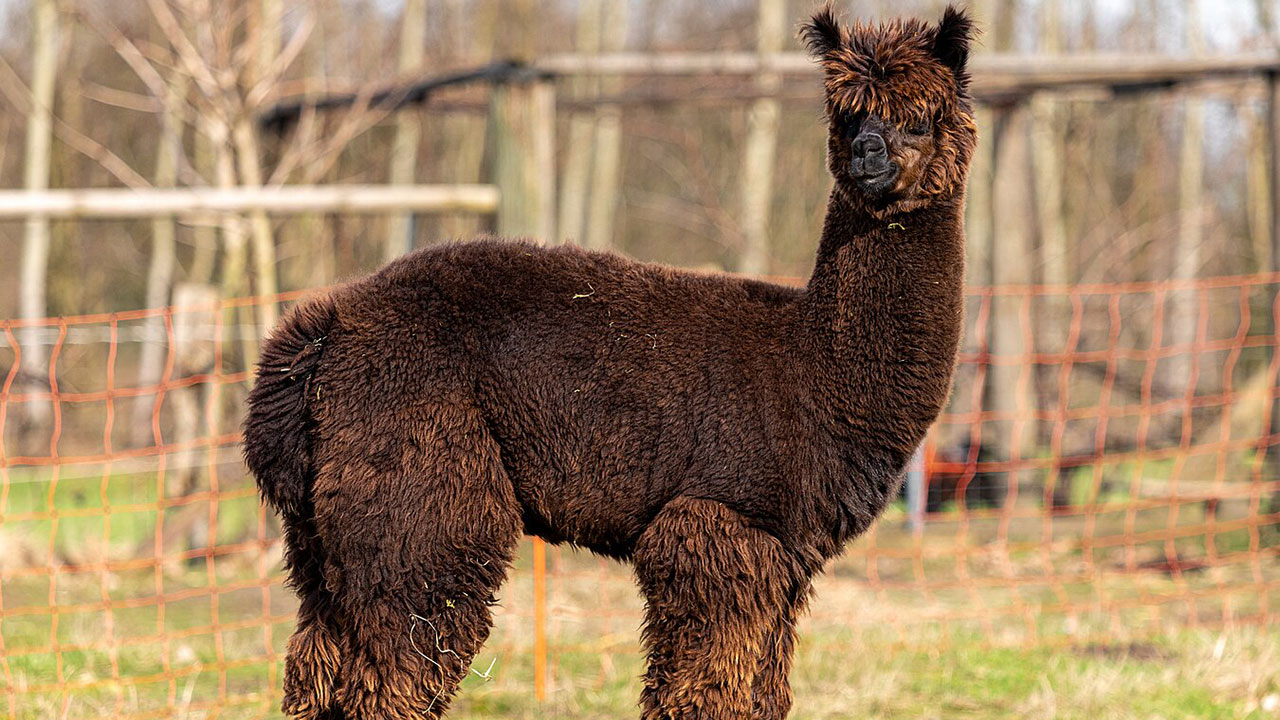
Huacayas have dense, crimped fleece that gives them a puffy, teddy bear look. They’re the most common alpaca type in the U.S.
They’re calm and manageable, making them a good starting point if you’re new to alpacas. Their fleece is warm, soft, and great for spinning.
Suri Alpaca
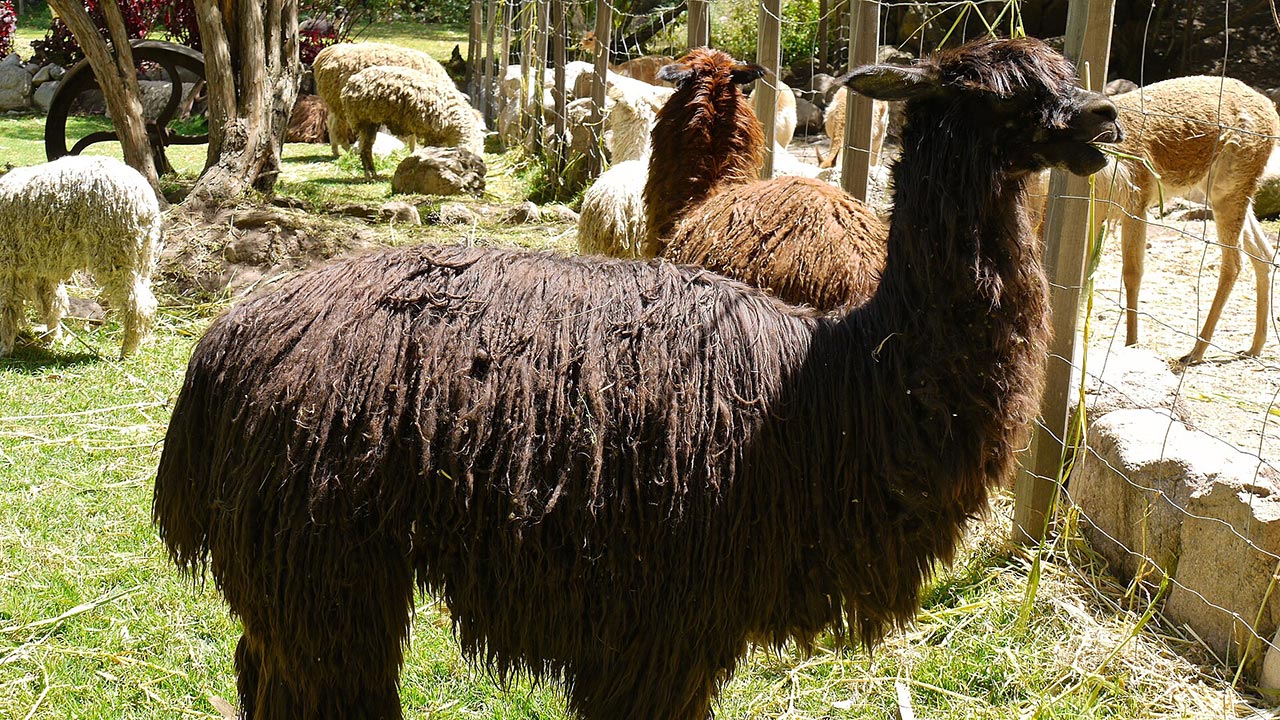
Suris have long, silky locks that hang in shiny twists, making them look completely different from Huacayas.
Their fiber is soft and highly valued, but it does require a bit more upkeep to keep it clean and tangle-free.
Classic Llama
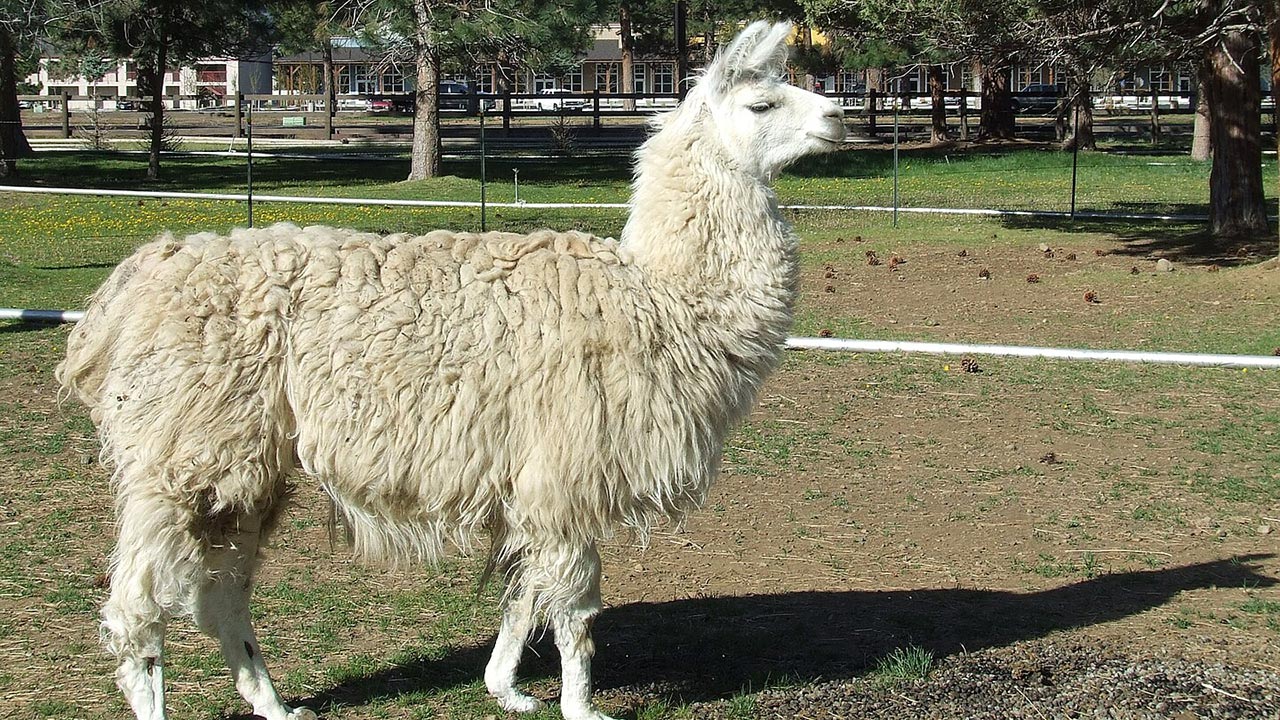
Classic Llamas have shorter fiber on the face and legs, with a lighter coat overall. They’re sturdy, alert, and great pack animals.
They come in many colors and tend to be calm, making them easy to work with around the farm.
Woolly Llama

Woolly Llamas grow more fiber coverage, which can make them look a bit more like alpacas.
They do well in colder climates but will need shearing to stay comfortable in the heat.
Argentine Llama
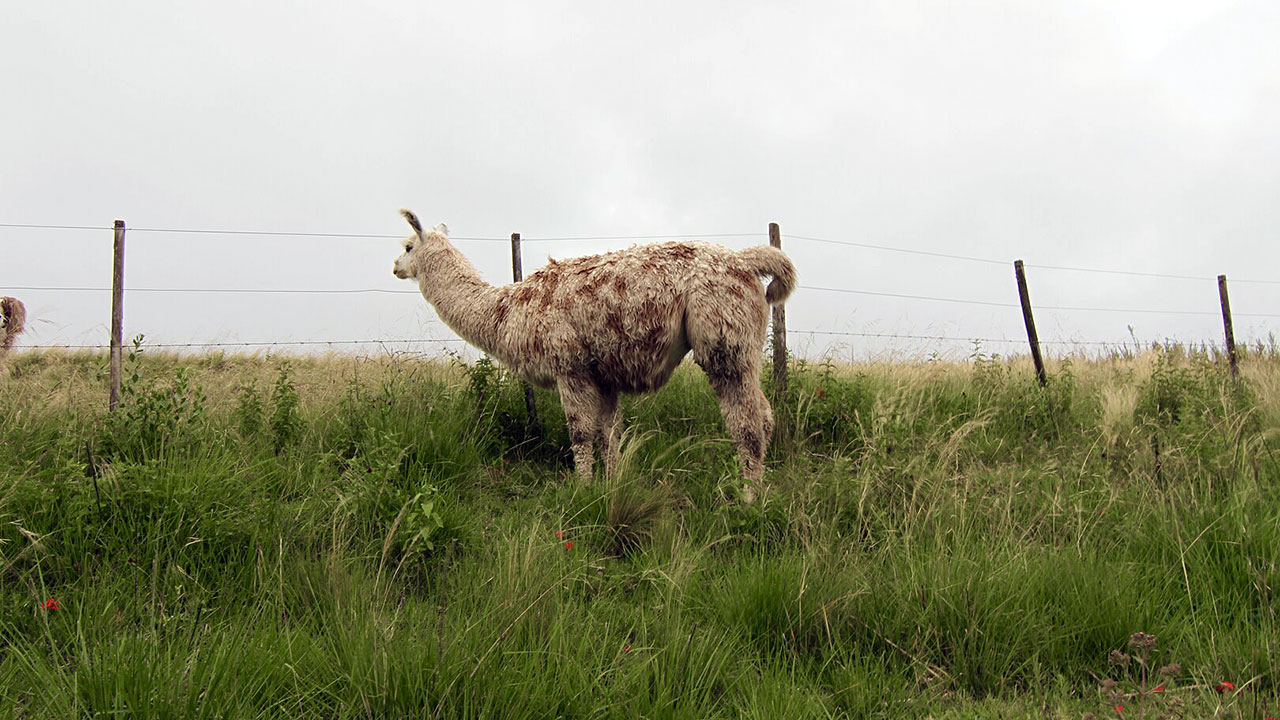
Argentine Llamas are big, heavily fleeced, and impressive-looking. They’re often used for guarding sheep and goats.
Their fiber is also usable, and their size alone can make predators think twice.
Vicugna (Vicuna)

Vicunas are wild relatives of alpacas and aren’t typically kept on small farms, but their look inspires selective breeding in domestic herds.
Their fiber is some of the finest in the world, but it’s rare and expensive to get.
*This article was developed with AI-powered tools and has been carefully reviewed by our editors.

